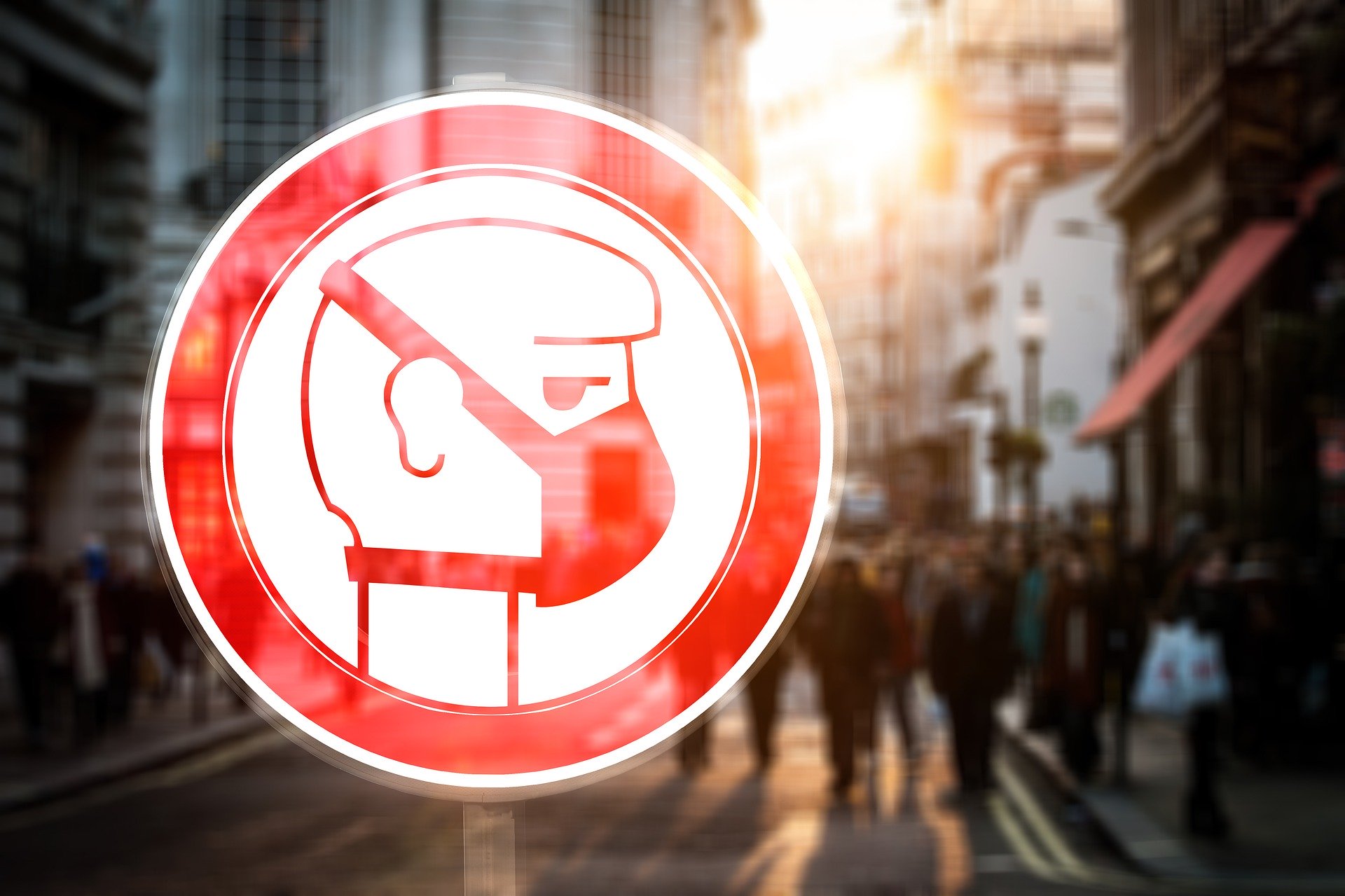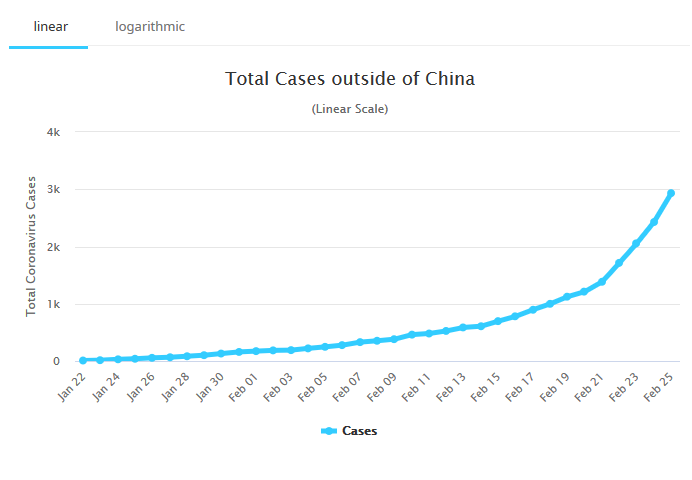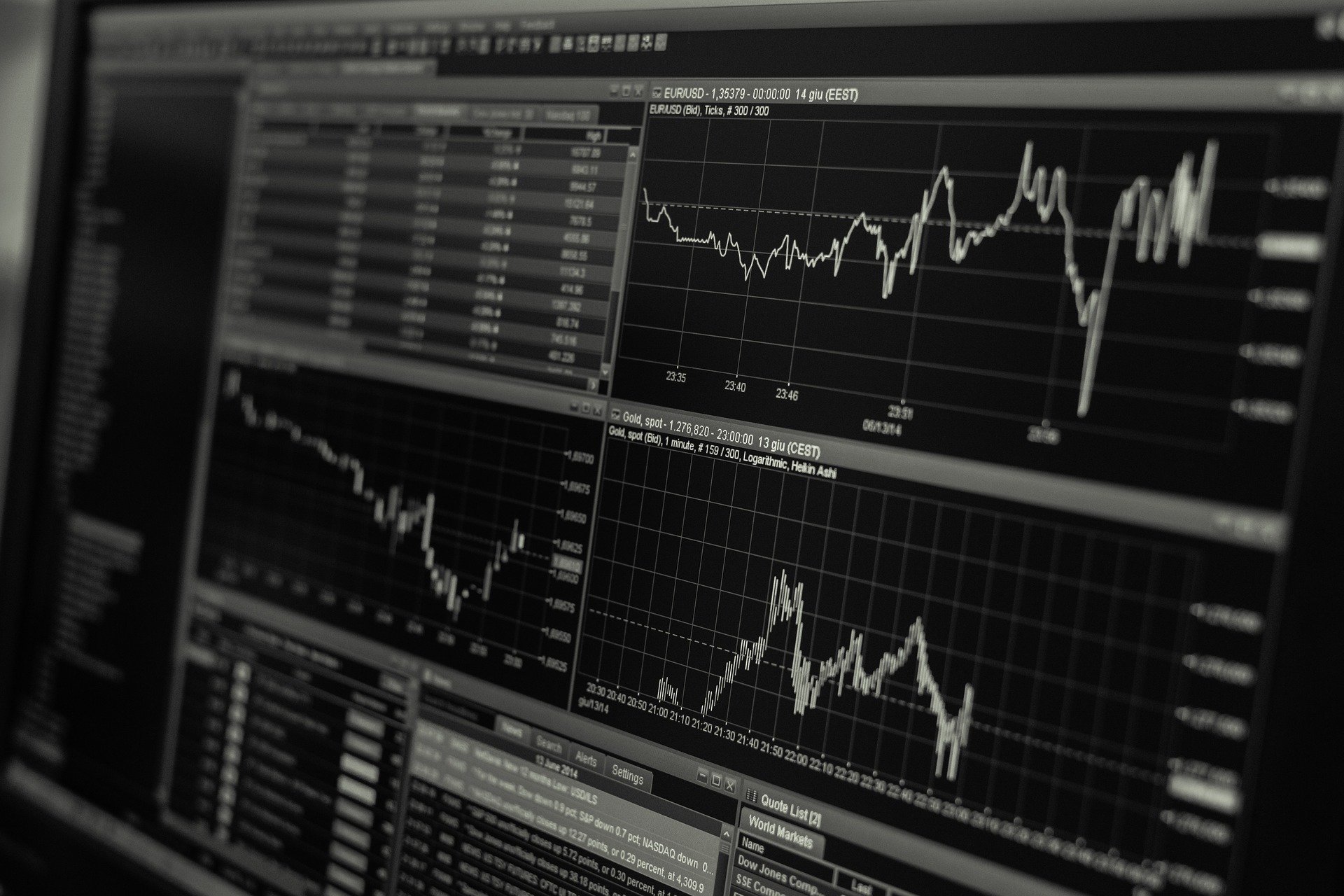An informal discussion between T&P Managing Director, Glenn Cezanne & Senior Strategic Advisor, Joachim Marnitz on questions people in public policy and politics are asking. How is it that the statistics are so varied and confusing when it comes to China? How can we truly understand the rate of spreading; is it a pandemic? Is a panic or the pandemic to be feared most? What impact will it have on the future of politics such as elections and governance? Anything we can do?
Published on: 27 February 2020
G. Cezanne: I am not so sure whether it is my concern about the potential pandemic or my obsessive love for communications that is driving me to have this conversation about the Corona virus with you. Well, mind you, the constant updates and suggestions you are sending me, for which I deeply thank you, are turning my head towards the matter all the time.
But, apart from the physical symptoms, there are those that appear in my everyday conversations. One handshake or cheek-to-cheek greeting less there, one meeting or another cancelled here, or which are sometimes replaced by a phone-call.
I really am fascinated about how it is impacting forms and frequency of communication. Obviously, more and more caution is to be expected, but at what rate? Plotting the relationship between levels of communication and spread of the virus could be an interesting exercise, especially to see the time difference between an exponential growth in one or the other. One would not necessarily precede the other, especially as one case can cause an extensive quarantine. And, the long incubation period probably makes the conclusions more difficult. I think I just also find it sad, because in a world where there are so many preconceptions and misunderstandings, the last thing we need further segregation.
J. Marnitz: Yes, it would be interesting to plot the information, but the data would be very unreliable because of the long incubation period. So, maybe look at confirmed cases instead? Yes, human behaviour varies greatly, and there is obviously the difference between voluntary and forced segregation. And, look at us two, whilst I am doing my utmost to sit in-doors, you are still running around Brussels and Frankfurt meeting stakeholders, having drinks and dinners.
What really makes it difficult to understand what is going on and where the trends lie in as simple as indications of the rate of spreading are the way statistics are manipulated. China has been faking their Coronavirus data, and it is especially obvious for the death figures. I did a simple regression analysis of the data. It reveals a formula that explains more than 99% of the death data. This is called the r-squared value, and in this case, it is far too high to be possibly real. Real life data is noisy and doesn't fit any formula perfectly. In many disciplines, scientists are very happy when a regression analysis reveals a formula that explains 70% of the data points; more than 99% just never happens.

G. Cezanne: So, in essence they used a formula which is too perfect and they should have diverged the numbers a bit more to make it more realistic. So, what do you think are the real figures? And, how can we then calculate the extent of the pandemic?
J. Marnitz: There have been phone calls to funeral homes in Wuhan where the callers pretended to be officials of the Chinese Communist party. The call revealed that the real figures must be a lot higher, as some funeral homes stated that they had cremated more than a hundred bodies in one day. The official numbers still mention only 2715 deaths in all of mainland China!
Yes, I believe it certainly is a pandemic and it is here to stay for a few months. Calculating the extent and spreading rate is close to impossible at the moment, especially not with staccato data. Nonetheless, the current trend for infected people outside China is clearly exponential, which currently is cause for measured concern. But, in the next few weeks I think we will have a much clearer picture.

G. Cezanne: Because of the long incubation period?
J. Marnitz: Yep. But until then, like I told you, stock up, get some vitamin C, and stop smoking.
G. Cezanne: Check, check & check.
J. Marnitz: Also, try to stay at home.
G. Cezanne: Emmmm… You know me, I did not stock up because I planned to stay at home. I stocked up because I am more worried about a panic especially after seeing the pictures you showed me in Italy, where empty shelves characterise supermarkets. It doesn’t surprise me to hear the comment that the virus could be a plot by food industries. In any case, getting the food in before standing in long queues with a mass of people when it might already be too late. Not the best situation to find oneself.
I also can’t stop thinking about work in the field of predictabiliy in politics and what we have previously discussed on the virus’ impact on the upcoming elections…Slovakia, Trump, and so on.
J. Marnitz: I don’t think the true effects on the world of politics have been felt just yet, but we are on the verge of it. Any country with a health care system below 1st world standards, like Iran, has a good chance of facing complete collapse, anarchy and civil war following in the aftermath of the pandemic.
The Communist Party of China may very well lose their grip on power as a result of the pandemic; this event is very much what Chernobyl was for the Soviet Union, except on a much larger scale.
G. Cezanne: Well, no panic Joachim.

J. Marnitz: Even countries that navigate the pandemic relatively well, which 1st world countries likely will if they don't mismanage the crisis, will have to live with a massive economic fallout. In the worst case scenario, the global supply chain degradation and overspecialization will necessarily lead to a deep recession everywhere, bankrupting countless companies and could possibly even cause a depression on the scale of 1929. The current global trade system is overoptimized (prime example: just-in-time production), and we're about to find out just how fragile it is.
As far as politics go this event will by and large strengthen the anti-globalist factions across the world.
World leaders will have to shine as good crisis managers in 2020, or they will be discarded. Most of all this is the case for Trump, and he's not off to a good start.
G. Cezanne: So, we might see him not get re-elected after all?
J. Marnitz: It’s more a 50/50 matter at the moment. The virus has obviously brought in a completely new dimension.
G. Cezanne: I am not so sure I agree. I was thinking that his anti-Chinese rhetoric might strengthen him.
J. Marnitz: There will be a hard recession, which is bad for him since his biggest bonus is “the great economy”. But, of course, he also has a great excuse for it as long as he is perceived to be a reasonably good crisis manager by about 50% of the people.
The CDC has been grossly incompetent thus far though, so he sure has his work cut out for him. He is fantastic at adapting to new situations though, so maybe it plays into his strengths after all. And a huge crisis usually has the people unite behind the President, unless of course it all turns out like with Hurricane Katrina.
G. Cezanne: Yes, but, in a crisis, someone always needs to be blamed, and in this case it is obvious the Chinese will take the brunt of that. And, no one transforms that better than Trump, especially when looking at the Democrats who seek a more open arms approach in general.
Point taken on the economic crisis. It will be up to linking the economic woes to the Chinese, or indeed, still link it to Obama policies about China, which may or may not exist. Right now I believe it is about being the strongest voice against "an enemy". My fear as always is that countries go to war when internal politics are under heavy scrutiny.
Want to come out for a drink?
J. Marnitz: You know the answer to that.
G. Cezanne: Was worth a try.